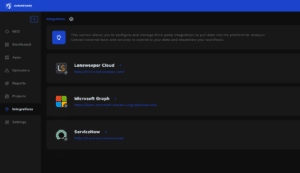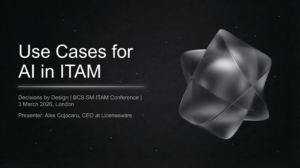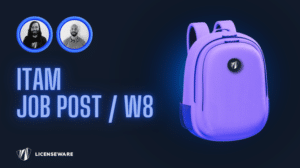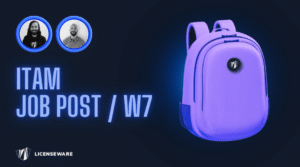From Spreadsheets to Scripts (and then Licenseware)
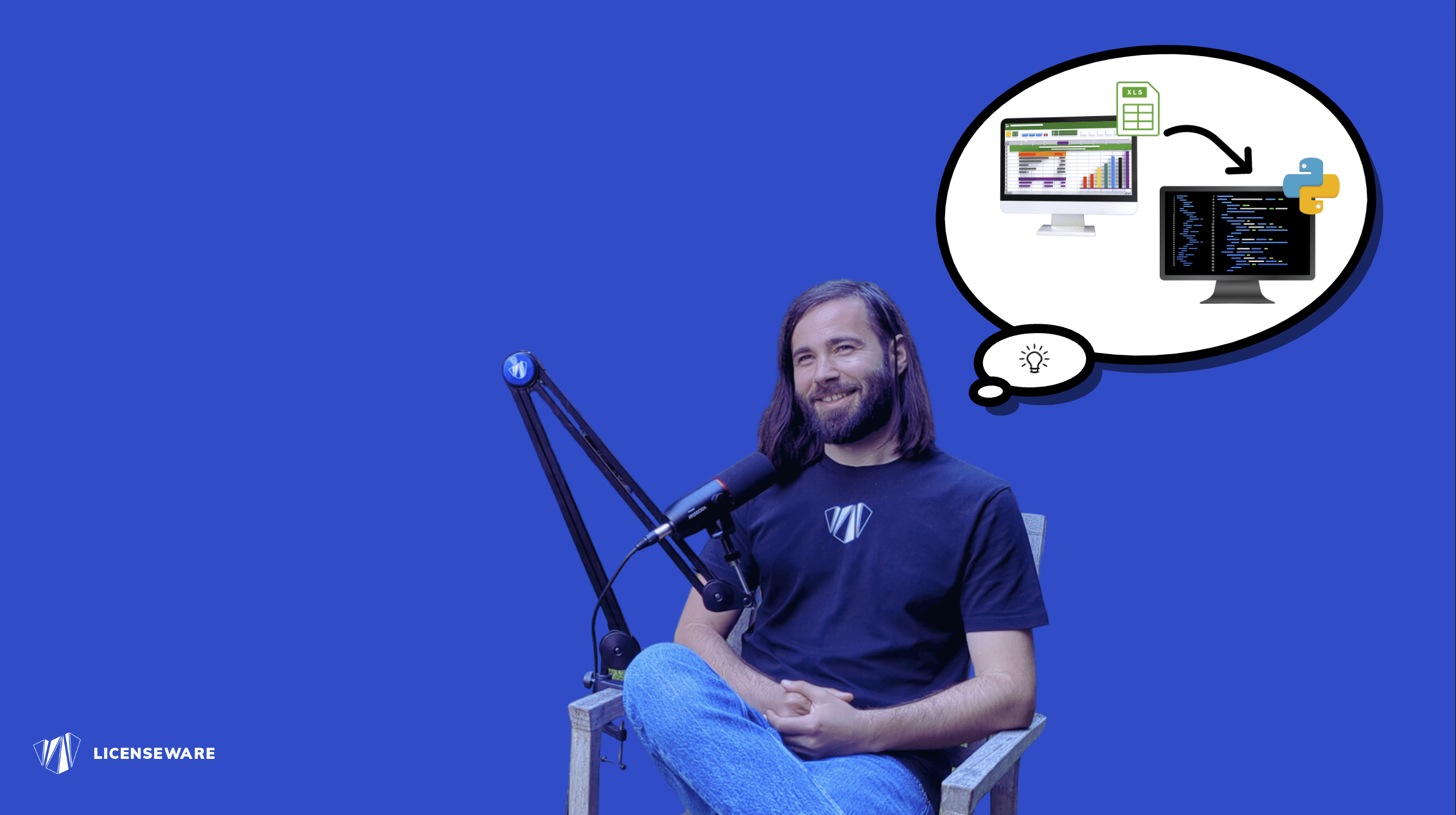
In my early days as a data analyst, I was engaged in a project for a big corporation struggling to keep track of its vast IT asset inventory. My task was to help them manage, analyze, and make sense of this ocean of data. The tool at hand? Good ol’ Excel…
The client’s portfolio was vast – ranging from servers to routers, desktop PCs to laptops, and mobile devices to software licenses. It was my responsibility to track their lifecycle, predict future needs, and provide remediation and optimization advice – all critical for effective IT Asset Management (ITAM).
Excel and I were no strangers; we had spent countless hours together, dissecting data for hidden insights. But as I started importing the data, it became immediately clear that this task was going to push Excel – and me – to our limits.
The dataset was not only colossal but also incredibly complex. It encompassed numerous data points, from procurement dates to warranty expiration, asset status to locations, and so much more. With millions of rows, multiple columns, complex formulas, and nested IF statements, my days became an endless loop of Excel, coffee, and a lot of head-scratching.
The work was laborious and time-consuming, but more importantly, it was error-prone. One misplaced formula, a single incorrect range in a VLOOKUP, or an unintended sort could send hours of work into oblivion. It was a delicate, high-stakes balancing act.
One late night, after the umpteenth cup of coffee and yet another ‘Excel has stopped responding’ notification, I had an epiphany. There had to be a more efficient, less nerve-wracking way to carry out this mammoth task. Excel anxiety is a real thing.
So I began my research and intuitively got sucked into the realm of programming languages used for data analysis. With some exploration, I discovered the power of Python and its libraries – Pandas, Numpy, and Matplotlib. I realized that Python could not only handle large datasets efficiently but also allowed for automating repetitive tasks, data cleaning, visualization, and even advanced predictive analysis with relative ease.
Deciding to dive in, I spent the next few months learning Python and the basics of these libraries. Then, I moved on to the main event – rewriting my Excel methodology into a Python script.
The transition was challenging, but I was committed to making it work. The script began to take shape, piece by piece. It started performing tasks that previously required manual intervention, such as identifying inconsistencies, merging related datasets, and calculating the lifespan of assets. I could write functions for specific operations, make the code reusable and reduce the risk of errors.
The next time I did an internal review for my client, I delivered the analysis with the help of my Python script, and I was able to showcase not only the requested analysis but also dynamic visualizations. With Python’s data visualization libraries, I could create interactive graphs and charts, making the data easier to understand and the insights more tangible.
Looking back, transitioning from Excel to Python was a game-changer for my data analysis process at the time and for my career later on. This project had transformed from a struggle into a streamlined, efficient, and effective process. I could handle larger datasets, reduce the risk of errors, and automate repetitive tasks. In turn, it freed me up to focus on understanding the data and extracting meaningful insights.
The intersection of data analysis and IT Asset Management is one that is ripe with potential. It can provide actionable insights for decision-making, budget optimization, lifecycle management, and more. But it is crucial to choose the right tools for the task.
While Excel still remains one of my favorite data analysis tools, and it served me well in the early stages of my career, moving to a more programmatically focused approach opened up new possibilities, which were not only efficient but also more robust. And although this transition requires investment in learning, the return, as I can now affirm, is absolutely worthwhile.
From this experience, I’ve learned that the power of data analysis lies not only in the data itself but also in the tools we use and how we leverage them. It’s about choosing the right tool for the task and being open to evolving our methods as technology progresses. And that is the key to unlocking the true potential of data analysis.
But more importantly, my curiosity for programming and for finding a better way of doing things eventually led me to join forces with two other dreamers (Ciprian & Chris) and build the tool (or shall I say toolbox 😉 we always wanted to use when we were deep in the trenches, as consultants for our clients. Licenseware is all that and more, and we strive to be successful in commoditizing ITAM tooling and making it available for anyone at any scale or maturity level.
Psst 💬
Need a custom ITAM analysis or automation? Licenseware creates great licensing content, but even better ITAM analysis engines!
Get custom ITAM development and analysis work using app factory 🏭
Or book a call with one of our specialists ? 🤙🏻
If you find our articles useful, register for our monthly newsletter for regular industry insights 👇


